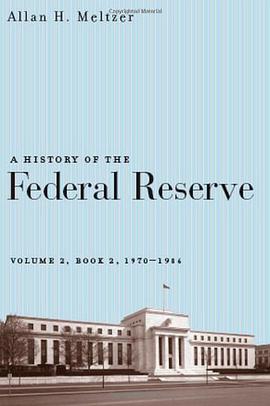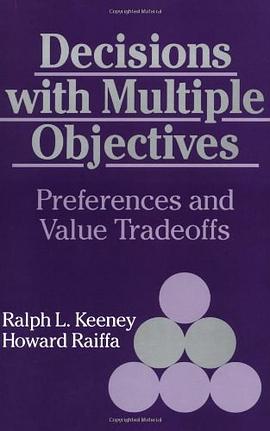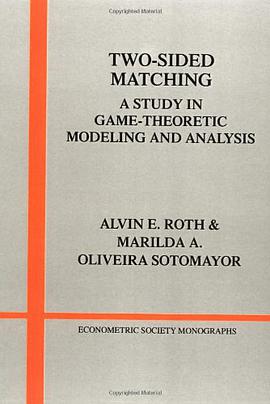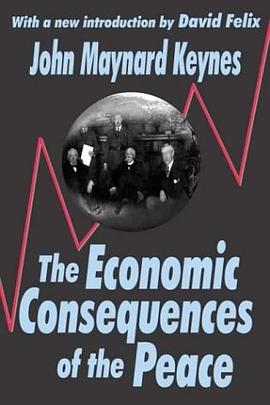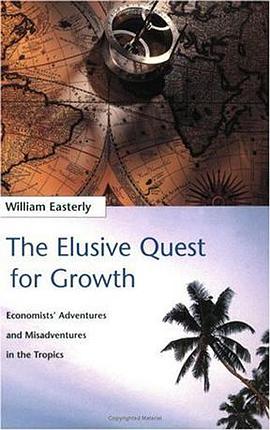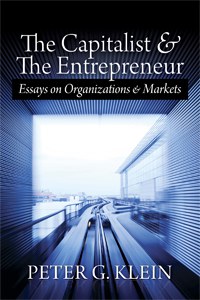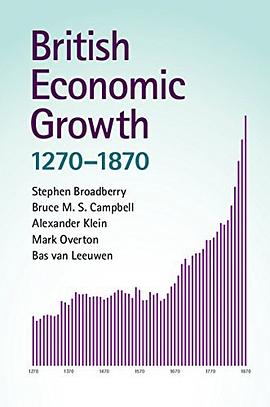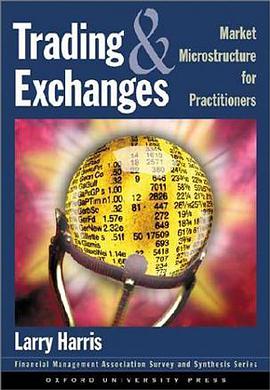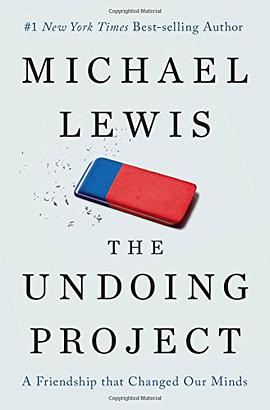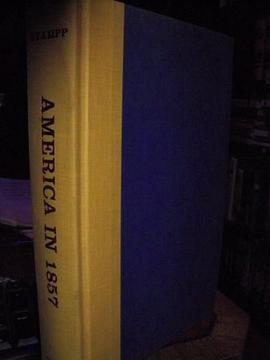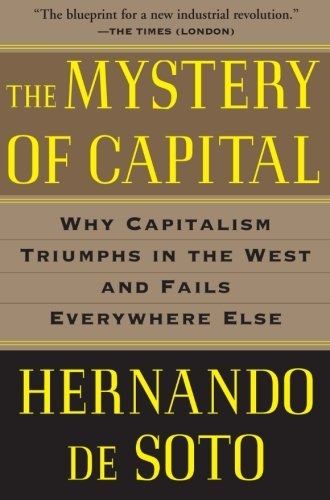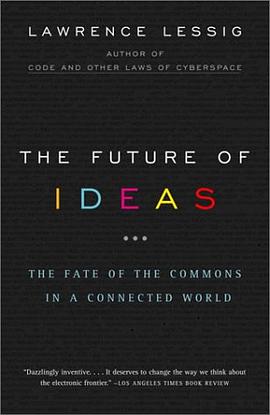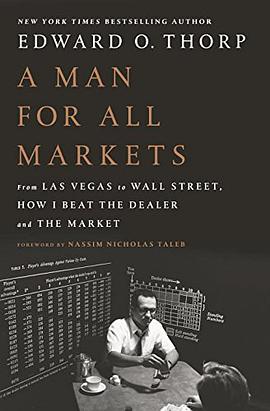Entrepreneurship is a hot topic in academic, managerial, and policy circles. Yet researchers and policymakers tend to define entrepreneurship narrowly as business start-ups, and entrepreneurs as young dreamers with a particular personality.
In fact, as Peter G. Klein argues, entrepreneurship is a far broader, pervasive, and more important phenomenon in the market and in the free society.
Klein is one of the stars of the Austrian School today, with a specialization in an area in which the Austrians make a unique contribution: the entrepreneur's role society as the driving force of the market. The last major work on this topic appeared in 1973 with Kirzner's own book on entrepreneurship. Klein's own book, as Peter Lewin has written, offers "a fresh, immensely revealing perspective."
In Capitalists and Entrepreneurs, Klein rehabilitates and expands the classical concept of the entrepreneur as a judgmental decision-maker, linking the capitalist-investor and the entrepreneur-promoter. Building on foundations laid by the Austrian school of economics, Frank Knight’s theory of uncertainty, and the modern economics of organization, Klein shows how an entrepreneurial perspective sheds light on firm size and structure, corporate governance and control, mergers and acquisitions, organizational design, and a host of managerial and financial problems.
He also offers a reinterpretation of the modern Austrian school and a critique of the “opportunity-discovery” perspective in modern entrepreneurship studies. In a series of shorter essays he tackles the economics of the Internet, network theory, the socialism of the intellectual class, the financial crisis, and the contributions of Carl Menger, F. A. Hayek, and Oliver Williamson.
“Peter G Klein has emerged as a thought leader in modern Austrian economics. In this collection, he presents his unique approach which stands firmly in the Menger-Mises causal-realist tradition, while also strongly drawing on the work of Oliver Williamson and other new institutionalist economists.” -- Nicolai J. Foss, Professor, Copenhagen Business School and Norwegian School of Economics and Business Administration
“Mainstream economics has utterly failed to come to grips with the challenge of integrating the capitalist entrepreneur into its general market model. But that may be about to change. This superb book by Peter Klein forces the issue. It is simply too logical and well reasoned for the profession to ignore. The storied entrepreneur is about to have a new chapter written in its intellectual history.” -- Henry G. Manne, Dean Emeritus, George Mason University School of Law
“Peter Klein is an intellectual entrepreneur writing about entrepreneurship from an Austrian perspective. This perspective sees the creation of value inherent in novel combinations of resources and perspectives. By combining his expertise in the new-institutional economics of the firm with his insights from the economics of the Austrians, and of Knight, he has given the reader a fresh, immensely revealing perspective..” -- Peter Lewin, Clinical Professor, School of Management, University of Texas at Dallas
"Peter Klein's The Capitalist and the Entrepreneur is the work of sustained effort by a careful and creative scholar to tease out the full implications of the Austrian school of economics for understanding organizations and markets." -- Peter Boettke, George Masson University

